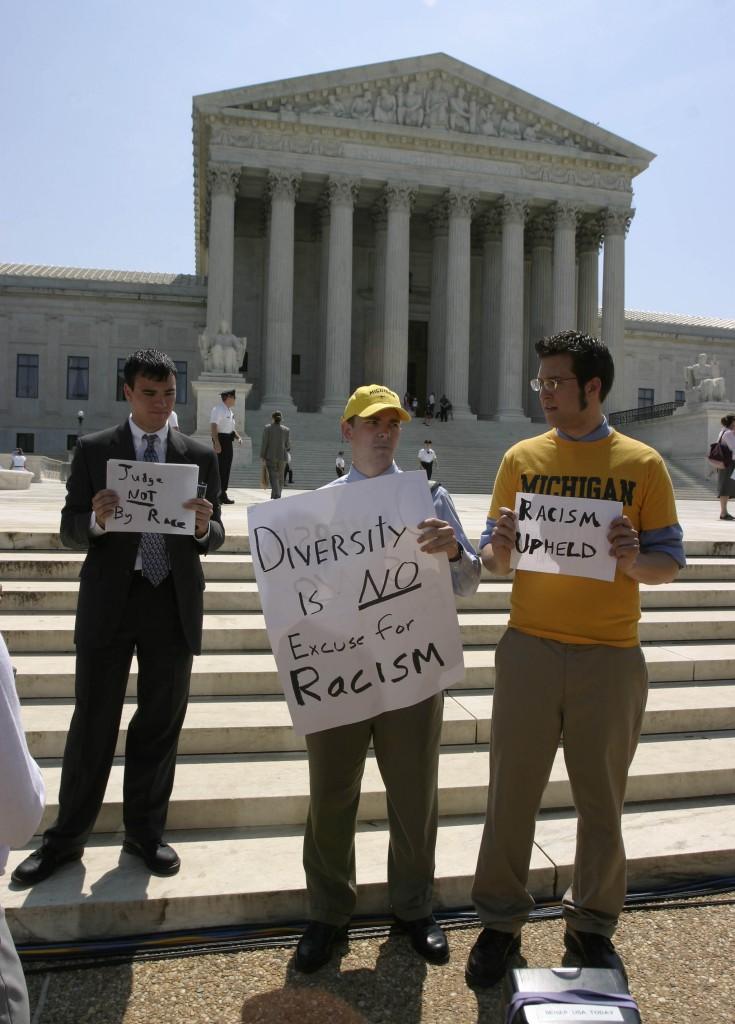Fordham, McShane Support Affirmative Action Case
October 2, 2012

Fordham University has joined several Jesuit universities in filing a “friend of the court” brief for a U.S. Supreme Court case challenging the University of Texas at Austin’s affirmative action policies, according to a release from Fordham. The joint universities filed the amicus brief in support of Texas’ policies in August.
Arguments before the Court start Oct. 10, but in a Sept. 11 article posted in America, the weekly Jesuit publication, Fordham President Joseph M. McShane, S.J., explained the university’s support for affirmative action. The case, brought by Abigail Fisher, an applicant to the University of Texas at Austin, challenges the school’s acceptance procedures as discriminatory against white students and in violation of Fourteenth Amendment’s equal protection clause.
“We believe a holistic method that includes race-based criteria is the best path to a diverse student body,” McShane said.
He also argued that it is the University’s right to set its own admission criteria, saying, “If the Supreme Court were to rule in Ms. Fisher’s favor and prohibit universities from looking to an applicant’s race as one factor in the admissions process, how long before we are compelled to mute unpopular points of view, or before we begin to use political litmus tests to determine who should and should not be allowed to teach at a university?”
Fordham was joined in the brief by Boston College, DePaul, Georgetown, Holy Cross, Marquette, Notre Dame, and San Francisco, all Jesuit institutions. The full brief can be found at the University of Texas website, and McShane’s post can be found on the America website.









